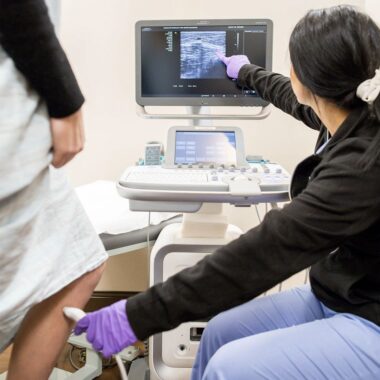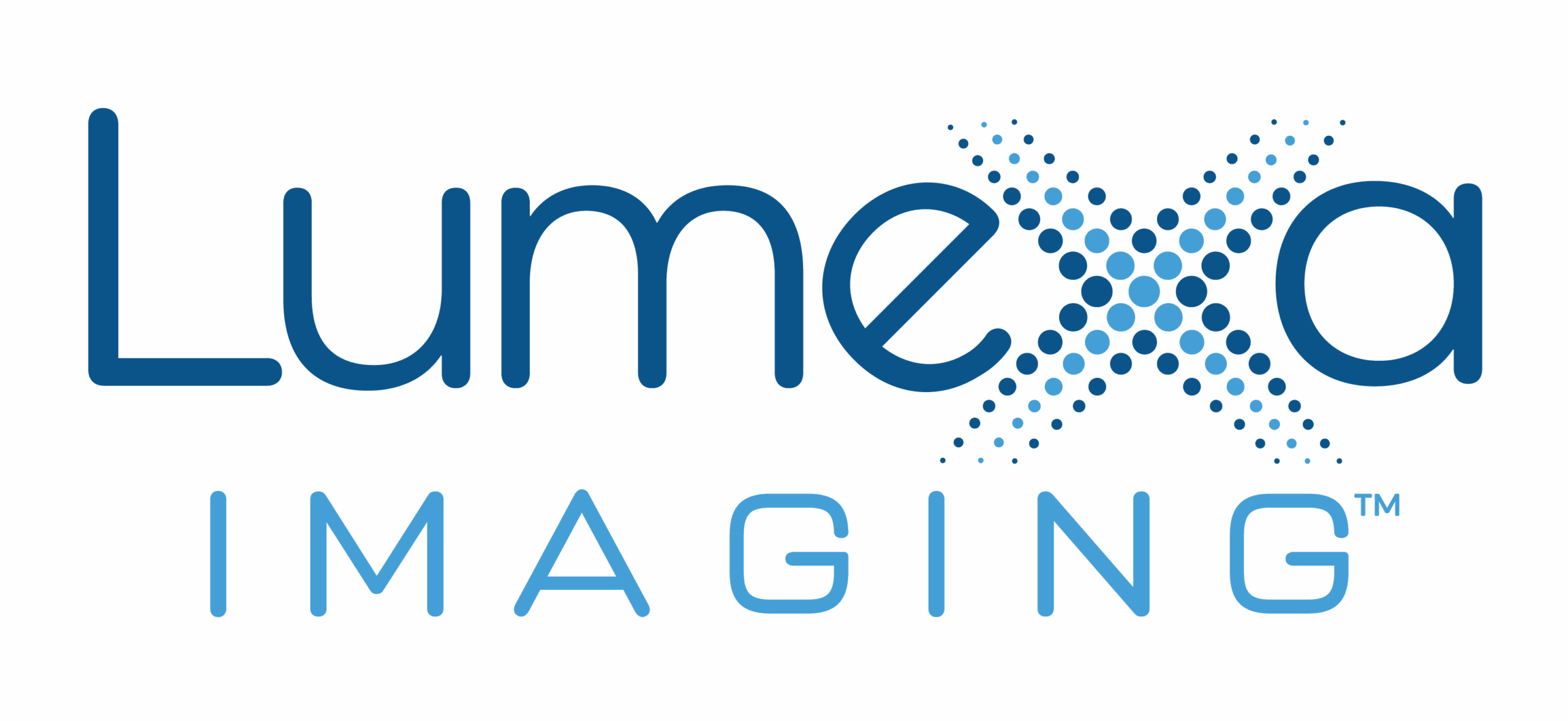Veins are vital blood vessels that play a significant role in maintaining your overall health. If you are experiencing any vein-related symptoms such as pain, throbbing or bulging, it’s essential to seek the help of a vein specialist, a physician who diagnoses and treats vein disorders and promotes vein health. Fellowship-trained vein specialists can characterize venous disease and provide customized treatment plans for patients with the goals of minimizing symptoms, improving quality of life and enabling patients to take control of their vein health.
Understanding Vein Disorders
Valves inside veins control the flow of blood one way, preventing blood from moving backward. If vein walls become weak or dilated, valves can function poorly, leading to reflux of vein blood in the wrong direction, pulled toward the ground by gravity. This is termed venous reflux or venous insufficiency.
“You may have a higher risk of developing venous insufficiency if you have a job that requires you to sit or stand for long portions of the day,” said Dr. Chen at Charlotte Radiology. “Other risk factors include sedentary lifestyle, smoking history, family history of venous disease, obesity, pregnancy and hormone therapy.”
Other venous disorders like deep venous thrombosis (DVT) can develop as a result of decreased mobility after surgery, during long flights, or as a result of hypercoagulability due to cancer or infection/inflammation.
Types of Vein Disease
There are several types of chronic venous disease, including:
- Spider veins and varicose veins — Spider veins are thin, red/purple veins that look like spider webs on the skin. Varicose veins are larger bulging veins that may be blue, red or skin-toned. Although many people think of this type of venous disease as merely unsightly, it can be more than a cosmetic issue. These vein issues develop when valves in the veins aren’t working properly, allowing blood to pool and causing unwanted symptoms. Spider and varicose veins are most common in women but can also develop in men.
- Superficial thrombophlebitis — This type of vein disease occurs when veins close to the skin’s surface are inflamed and swollen due to a blood clot near the skin. Superficial thrombophlebitis typically doesn’t cause long-term issues, but it may reoccur or raise your risk for DVT.
- Venous ulcers — When blood pools in the legs due to venous insufficiency, it causes excess pressure on the vein walls and surrounding tissue. This build-up of pressure can cause open sores called venous ulcers. These sores are often slow to heal and can significantly affect quality of life. They also increase your risk of serious complications, such as infection.
No matter the type of venous disease, a qualified vein specialist can give you an accurate diagnosis, explain your options and provide effective treatment to help you successfully manage your vein condition.
In some cases, superficial vein diseases can evolve to a more advanced condition. Deep vein thrombosis (DVT) and thrombosis occur when a blood clot forms in a blood vessel, restricting blood flow. DVT is a blood clot in the deep veins of the body, most often in the leg. This condition can be life-threatening if a part of the clot breaks off and travels to the lungs, termed pulmonary embolism (PE).
Read More: Feel Beautiful Again: How Varicose Vein Treatment Can Help
Qualities to Look for in a Vein Specialist
Although primary care physicians receive education about venous health, they are not vein specialists, meaning they do not have board certification and specialized fellowship training in vein health and venous disease like a vein specialist has. Finding a board-certified and subspecialized vein doctor ensures that you receive expert care for your vein-related concerns.
Board-certified vein specialists, like those at Charlotte Radiology Vein Centers, have training and experience above and beyond what’s required to be a physician. A doctor with board certification has completed extensive training unique to their specialty and passed a rigorous exam. They also make a commitment to continuing their education to stay up-to-date with the latest research, techniques and treatments.
Fellowship-trained physicians completed medical school, a multi-year residency program in a specialty area, and several years of additional training in a subspecialty area, such as interventional radiology. During fellowship training, physicians work closely with well-established experts to develop advanced knowledge and skills in a hands-on clinical setting.
You can also visit the provider’s website to learn about their vein clinic. Check to see what technology is available, which vein treatments they offer, and whether they can provide you with a personalized care plan. Finding a doctor with the right treatment options and knowledge to treat your vein condition can improve the effectiveness and quality of care you receive.
Read More: This is Why I Chose Charlotte Radiology for Vein Treatment
Questions to Ask During a Consultation
From leading-edge, minimally invasive options for spider and varicose vein treatment to open vascular surgery for advanced venous insufficiency, it’s essential to have a specialist with experience providing the type of vein treatment you need.
“You don’t need a referral to get your vein care questions answered,” Dr. Chen said. “Scheduling a consultation with a vein specialist gives you an opportunity to learn more about your condition, treatment options and if the specialist is a good fit for you. During your first visit, we’ll do an ultrasound, develop a personalized treatment plan and discuss your questions or concerns.”
If you aren’t sure what questions to ask, here are a few ideas to start the conversation:
- Are my symptoms related to vein disease?
- Will my symptoms improve with vein treatments?
- What treatments are available? How are these treatments performed and what are the potential risks?
- What will recovery look like after treatment?
- What can I expect in terms of treatment outcomes and symptom relief — both clinical and cosmetic?
- Will my insurance cover the cost of treatment? If not, what payment options are available?
Finding a Vein Health Partner
In addition to treating your venous disease and alleviating symptoms in the near term, your vein specialist can be a valuable partner in helping you maintain vein health over time.
“Vein specialists can address potential vein health issues before serious complications arise,” Dr. Chen said. “Effective treatment, combined with positive lifestyle habits including exercise, diet and maintaining a healthy weight, can help patients maintain optimal vein health.”
From your first consultation, your vein health specialist is there to help dispel myths, review your options and provide expert, personalized vein care to support your treatment goals and overall health.



